Taking an inventory of the global plastics problem
Envirotec Magazine
DECEMBER 1, 2021
Because of their low cost, durability and versatility, plastics are everywhere–including in the environment–and only 9 percent of the plastic ever generated has been recycled. There is an urgent need to take actions like limiting global virgin plastic production from fossil fuels and designing products and packaging for recyclability.”.


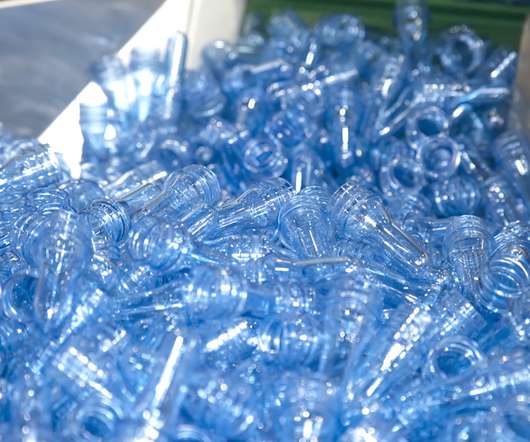
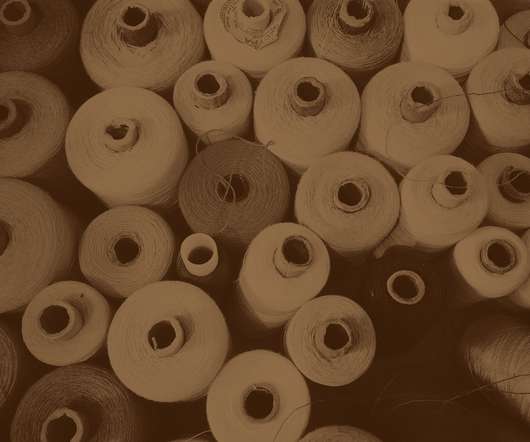
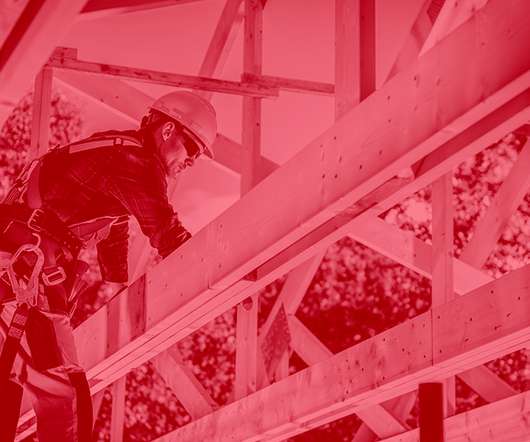
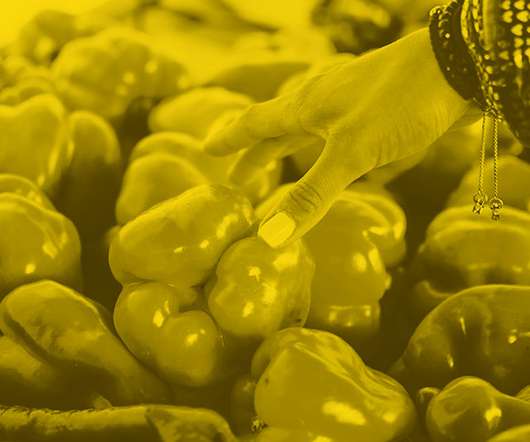
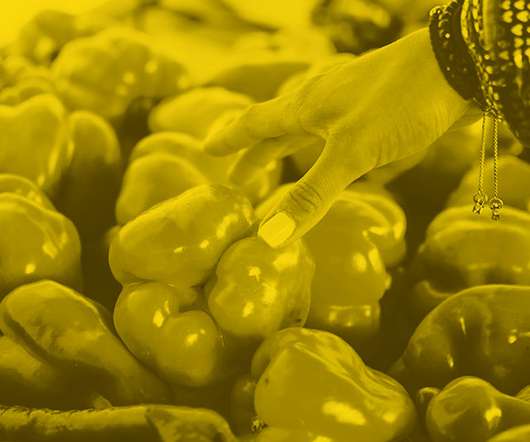


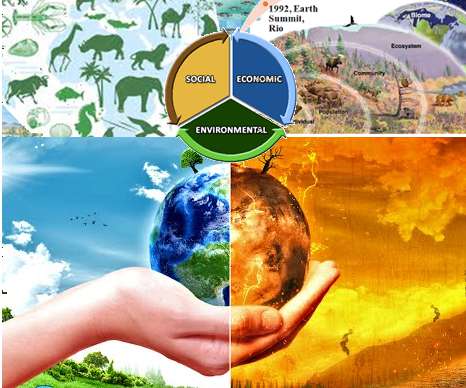








Let's personalize your content